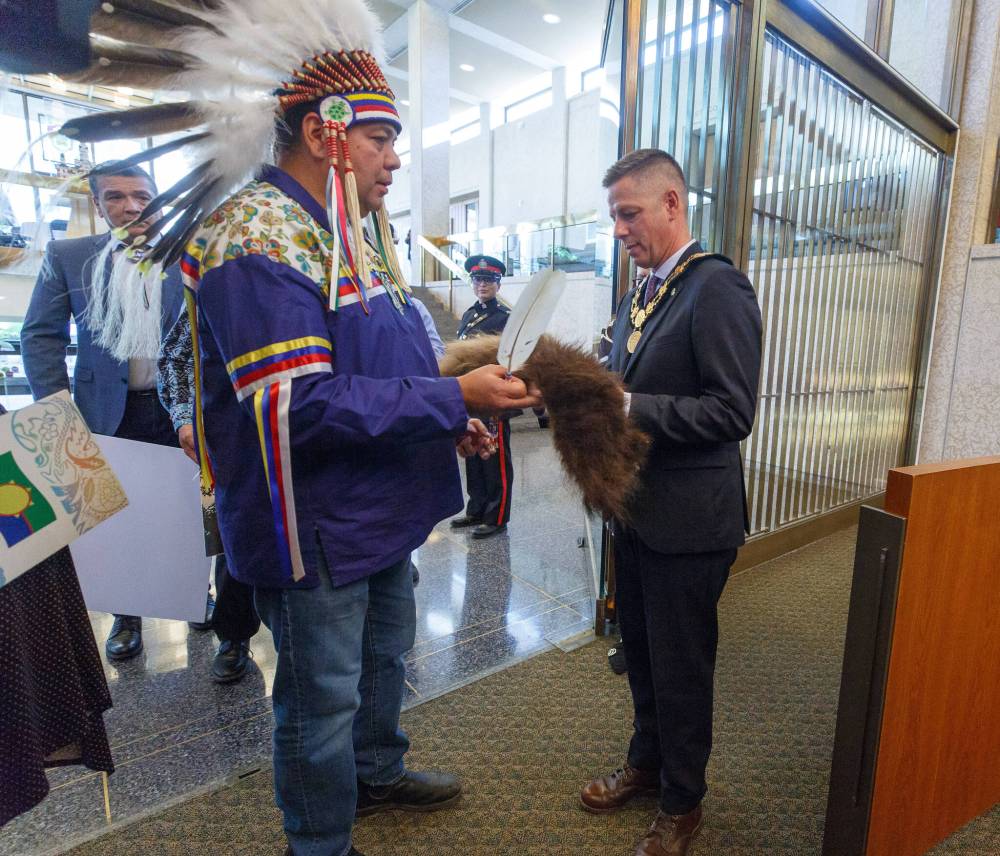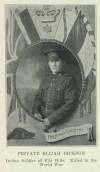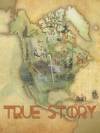Mayor proud of work on reconciliation, human rights
Advertisement
Read this article for free:
or
Already have an account? Log in here »
To continue reading, please subscribe:
Monthly Digital Subscription
$0 for the first 4 weeks*
- Enjoy unlimited reading on winnipegfreepress.com
- Read the E-Edition, our digital replica newspaper
- Access News Break, our award-winning app
- Play interactive puzzles
*No charge for 4 weeks then price increases to the regular rate of $19.00 plus GST every four weeks. Offer available to new and qualified returning subscribers only. Cancel any time.
Monthly Digital Subscription
$4.75/week*
- Enjoy unlimited reading on winnipegfreepress.com
- Read the E-Edition, our digital replica newspaper
- Access News Break, our award-winning app
- Play interactive puzzles
*Billed as $19 plus GST every four weeks. Cancel any time.
To continue reading, please subscribe:
Add Free Press access to your Brandon Sun subscription for only an additional
$1 for the first 4 weeks*
*Your next subscription payment will increase by $1.00 and you will be charged $16.99 plus GST for four weeks. After four weeks, your payment will increase to $23.99 plus GST every four weeks.
Read unlimited articles for free today:
or
Already have an account? Log in here »
Hey there, time traveller!
This article was published 30/09/2022 (1165 days ago), so information in it may no longer be current.
NEARLY eight years after he became Winnipeg’s mayor, Brian Bowman counts his efforts to advance reconciliation and promote human rights as among his most meaningful work.
“Out of all of the things I’m most proud of, as a community, I’m really proud of the work that we’ve been doing on reconciliation. And I hope and expect that work will continue,” said Bowman, who isn’t seeking re-election.
While acknowledging that it may take generations to reconcile the impact of residential schools, which separated Indigenous students from their families and culture, the mayor said he believes local discussions on racism have become more genuine.

MIKE DEAL / WINNIPEG FREE PRESS FILES
Chief Gordon Bluesky from Brokenhead Ojibway Nation presents a Buffalo pelt to Mayor Brian Bowman. Indigenous sacred symbols were presented to the mayor and council earlier this month for display in the city council chamber.
“I think we’re having more honest public discussions about reconciliation. Winnipeg is now seen as a leader in Canada’s journey of reconciliation. That’s because of the good work by many people on council, in the public service and in the broader community,” he said.
“I’m really grateful for everyone’s efforts. We started our first term without the public acknowledgments that we get nowadays that systemic racism even exists.”
The mayor noted several recent actions underline the city’s commitment to the work, including the addition of Indigenous symbols to the council chamber last week and the flying of three Indigenous flags that began outside city hall last year.
And Bowman credited the Welcoming Winnipeg: Reconciling Our History policy for addressing numerous requests to reassess, and sometimes rename, places and monuments.
“Council now has the benefit of community input on how we better rectify the absence of Indigenous names and place names in our community. Keep in mind it was started because of what we saw in other jurisdictions, in Halifax and Victoria and in the United States, where there were much more toxic and divisive debates that were happening in this space. It doesn’t guarantee that we aren’t going to have situations like this. We have. But it’s intended to create a place where we can at least have that dialogue and revisit some of these place names,” said Bowman.
After statues and monuments were taken down in other cities, often due to a figure’s controversial past, city council approved the Welcoming Winnipeg process. The policy allows a committee of community members to review renaming requests and make recommendations for council to vote on, with a goal to address names that negatively impact the Indigenous community.
While the discoveries of more than 1,800 potential unmarked graves at former Canadian residential schools has triggered outrage around the country, Bowman said acknowledging that reality is crucial.
“It’s truth and reconciliation, so discovering the truth of unmarked graves, I think, is sadly part of Canada’s journey of reconciliation… I do think the discovery of those unmarked graves shifted Canadians’ thinking to accept, in a more fulsome way, the fact that this was a genocide,” he said.
Bowman said he hopes the next mayor will seek advice from Indigenous elders and knowledge keepers, while also continuing the work of council’s human rights committee.
joyanne.pursaga@freepress.mb.ca

Born and raised in Winnipeg, Joyanne loves to tell the stories of this city, especially when politics is involved. Joyanne became the city hall reporter for the Winnipeg Free Press in early 2020.
Our newsroom depends on a growing audience of readers to power our journalism. If you are not a paid reader, please consider becoming a subscriber.
Our newsroom depends on its audience of readers to power our journalism. Thank you for your support.









